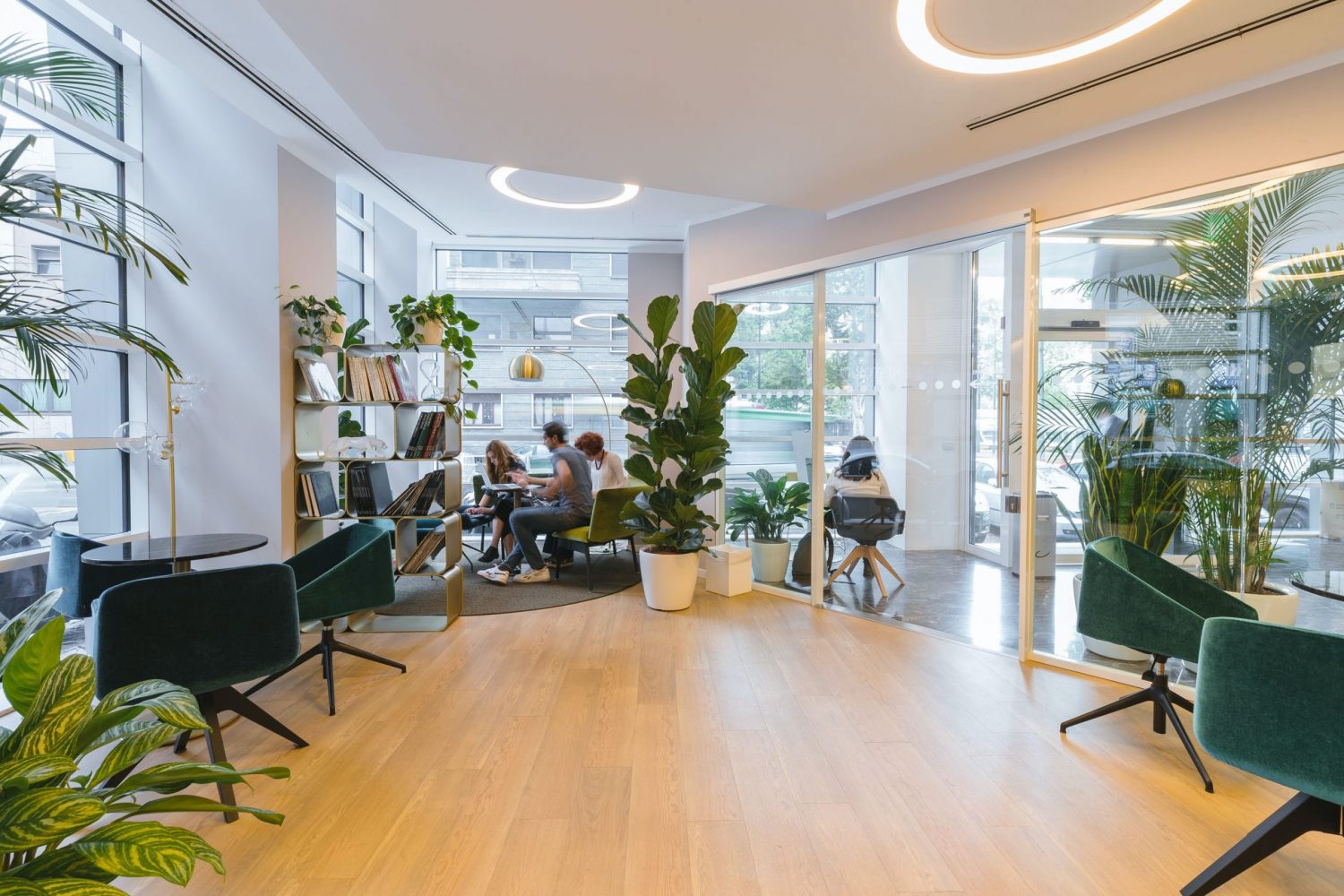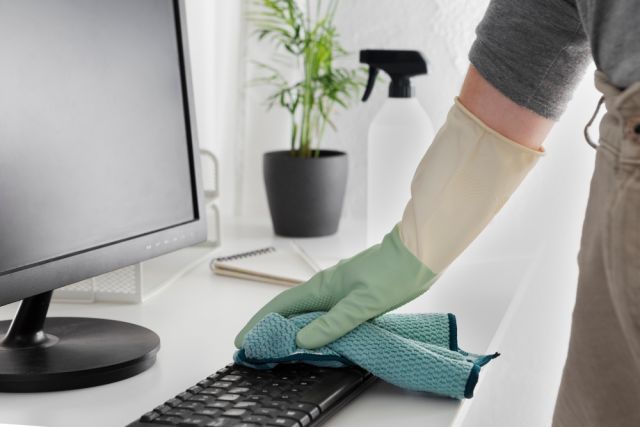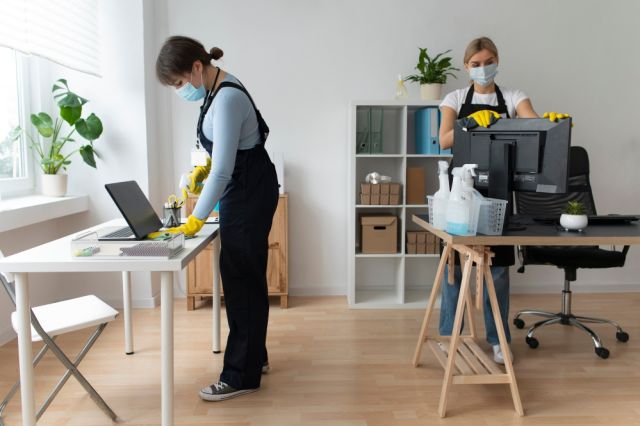It is estimated that poor Indoor Air Quality alone costs the Australian economy $12 billion annually in lost productivity.
Across the globe, poor air quality contributes to around 8.8 million premature deaths per year, nearly half of which are due to indoor or household air pollution. Indeed, the World Health Organisation has declared air pollution a ‘global public health emergency’¹.
In Australia, we have always taken clean air for granted. The COVID-19 crisis has awakened our consciousness about the importance of Indoor Air Quality (IAQ) and its impact on our health. Ensuring clean air in Australian workplaces is imperative – not only for employee wellbeing but also for business success. Indeed, it’s estimated that poor IAQ alone costs the Australian economy $12 billion annually in lost productivity². Furthermore, with employers searching for ways to advance their ‘return to work strategies in a tight labour market, a smart approach is to ensure office spaces are as healthy, attractive, and functional as possible – which includes assurances of clean air.
Recently, GJK invited three Air Quality Specialists to discuss the impacts of IAQ and strategies to manage its effects in the workplace. In this insightful webinar, we hear from Tori Shepherd, Joe Scholz and Bryon Price who break down the issues concerning air quality and consider the way forward for Australian businesses to ensure clean air in their built environments. The webinar covers the following topics and themes.
The first speaker is Tori Shepherd, manager at the International WELL Building Institute (IWBI), who supports businesses in creating healthier spaces through WELL Certification and the WELL Health-Safety Rating.
In this webinar, Tori provides insights into the recent drivers that have fuelled our action toward managing indoor air pollution; including COVID-19, bushfires, health equity, and the air’s impact on mental health and productivity. She also takes viewers through the WELL Standard IAQ concepts, which aim to achieve high levels of indoor air quality within a building’s lifetime through strategies like source elimination, building design, operation strategies, and human behaviour interventions.
Tori provides insights into how and why we need to prioritize workplace IAQ, and the trends she sees toward greater management and testing of IAQ in the commercial sector. In her words, businesses around the world need to “meet the moment” and create healthier spaces that “bridge the confidence gap” to encourage employees back to the workplace.
The second speaker is Joe Scholz – partner and director at QED Environmental Services, who has been responsible for technical development in QED’s national IAQ management programs for the commercial property industry.
Joe’s topic centres around the ‘Ownership of Air’. He discusses the ‘journey of air’ in commercial workplaces and where the duty of care resides in ensuring good air quality, considering the responsibilities of the building owner/facility manager, tenants, and individual occupants. This ‘responsibility burden’ is often a grey area, and Joe helps shed light on stakeholder responses and responsibilities.
The final speaker is Bryon Price – a professional engineer in building services and the Strategic Development Director for the A.G Coombs Group. Amongst other leadership positions, he is an Australian Co-Chair of The International WELL Building Institute Task Force on COVID-19 and Other Respiratory Infections.
Bryon begins a discussion on air conditioning, covering aspects of what HVACs do, how they work, and the regulations applied to their design, construction, and operation within commercial settings.
Far from being straightforward, Bryon points out that HVAC is a “complex process of balancing out multiple objectives”. It not only needs to create a comfortable environment for building occupants, but it also needs to accomplish other tasks such as pollutant management, asset protection, environmental protection, mitigating airborne diseases, etc.
The technical insights Bryon provides into HVAC management and regulatory frameworks are essential for FMs to better understand air quality management. He also delivers useful instructions on what building managers should consider improving IAQ concerning the design/modification of buildings, their operation, maintenance, and management.
As a leading commercial cleaner, GJK is cognisant of the contribution we can make to indoor air quality. With our green cleaning methodologies and air purification devices, GJK is helping our customers achieve their clean air goals.
We invite you to learn more about this important topic and others in our thought-leadership webinar series.
References:
1. Does air pollution impact the spread of COVID-19? l World Economic Forum (weforum.org)
2.“6 ways to optimise cleaning for wellbeing and productivity”





